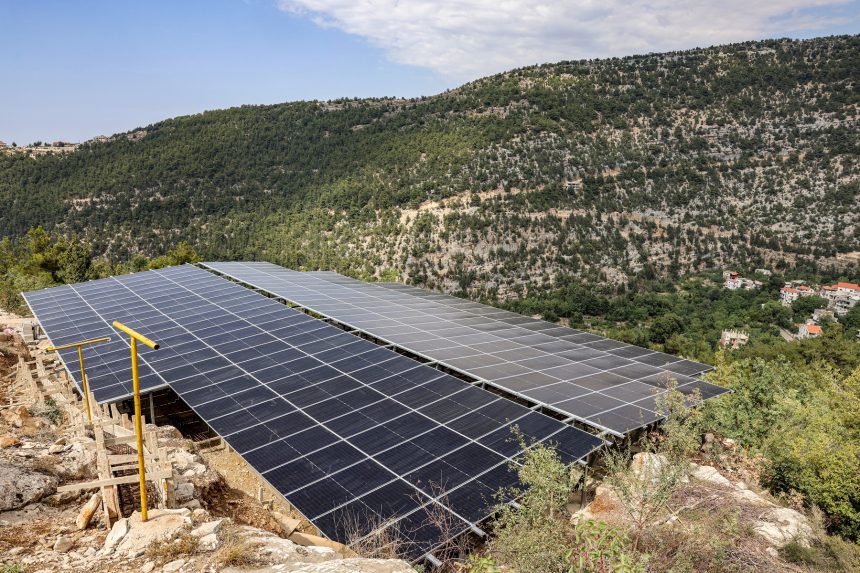Lebanon’s Ministry of Energy and Water (MOEW) is seeking a World Bank loan to finance an 8-megawatt solar project on the Beirut River, a move aimed at alleviating the country’s chronic electricity shortages.
While any effort to expand renewable energy is welcome, LIMS highlighted that the track record of similar MOEW-led initiatives raises serious concerns. Large-scale projects, such as water dams, funded by the world bank have too often resulted in costly, ineffective infrastructure that has done little to resolve Lebanon’s deep-rooted energy crisis.
LIMS argued that local-level initiatives are more responsive to community needs, encourage competition, and improve reliability—all while reducing the waste and corruption risks that have plagued centralized energy projects. Crucially, if structured correctly, a World Bank loan could help overcome the primary obstacle facing private local solar initiatives: limited access to capital.
Local energy solutions have the potential to support other critical services, from water supply to healthcare and education, ensuring greater dignity in a country where essential infrastructure remains fragile. In Lebanon, the chronic failure of the power sector has left hospitals struggling, schools unable to provide a stable learning environment, and businesses crippled by high generator costs. For many families, the inability to refrigerate food or access clean water due to power shortages has turned daily survival into a constant struggle. Local private energy solutions prioritize human dignity, ensuring that every Lebanese citizen—regardless of geographic location—can count on basic services that allow for a decent quality of life.
- The World Bank Funding Individual Initiatives for Energy Production Is More Effective Than Public Projects Marred by Corruption. December 21, 2024: LIMSLB, Article (AR)

